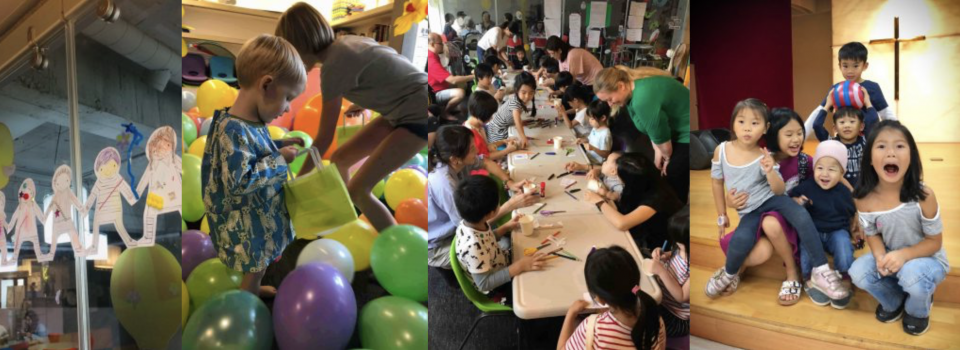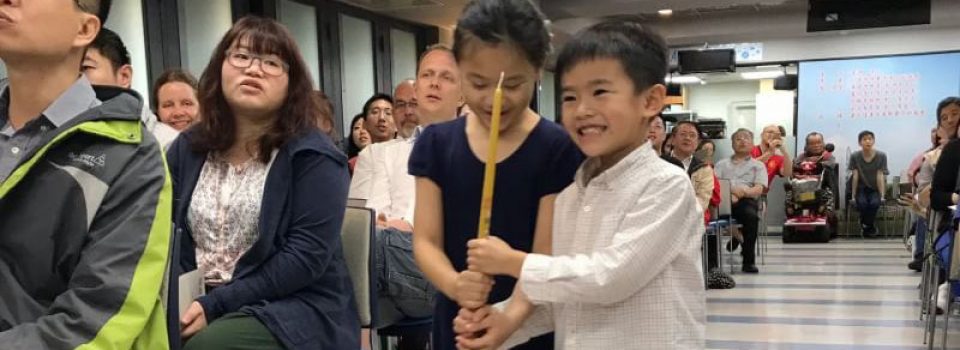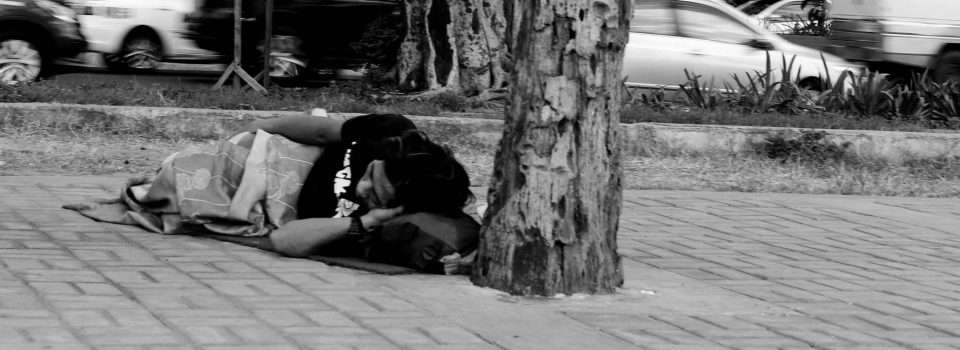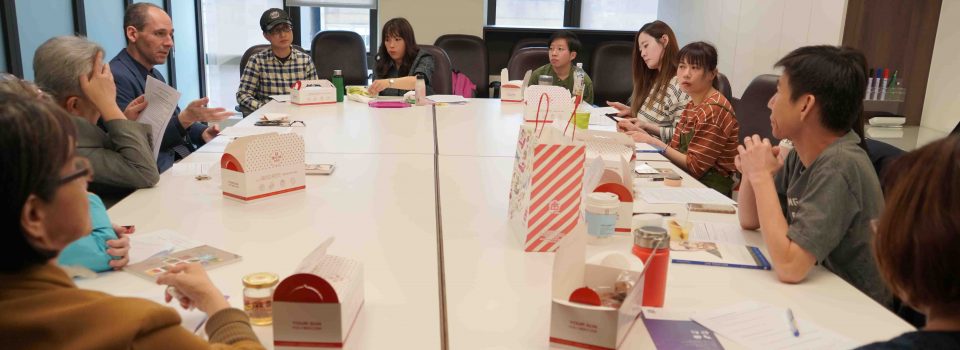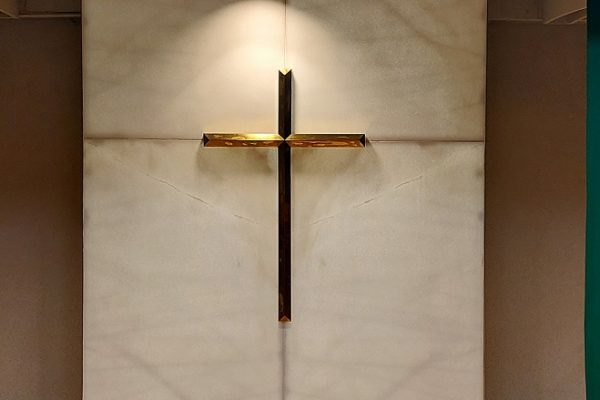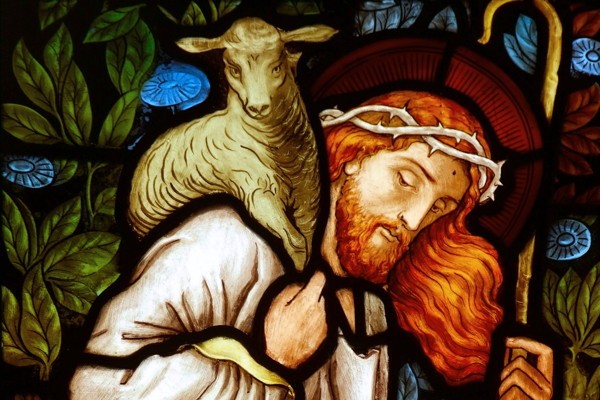-
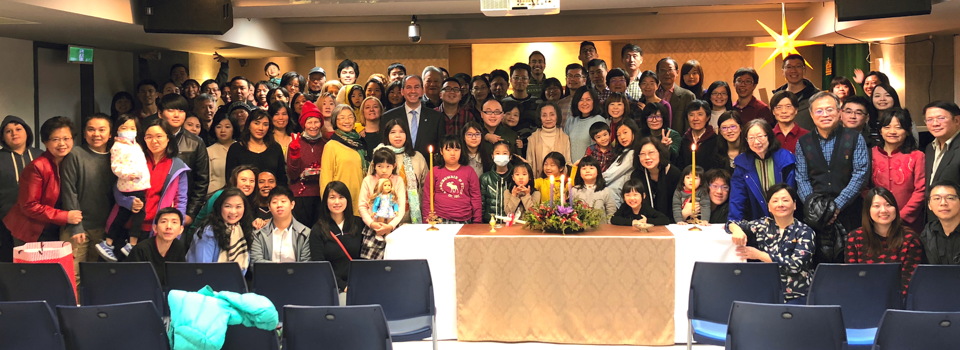 Welcome to the English Ministry!
Welcome to the English Ministry! -
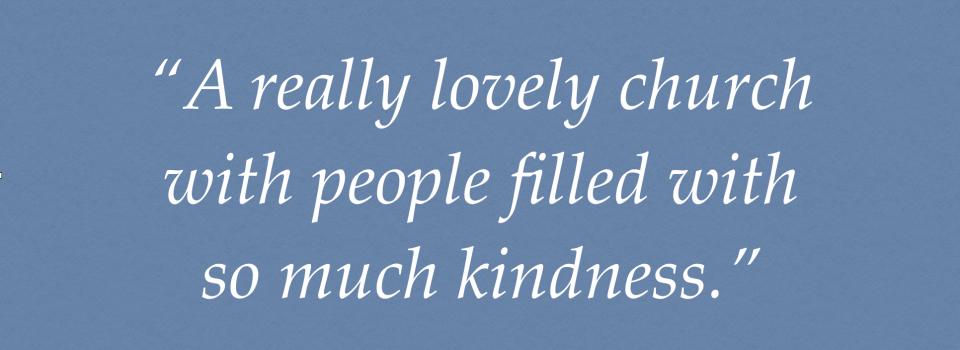
- EM Kids Club
- EM Kids' Club
- Homeless Ministry
- Discipleship Training
Join Us for Worship: Sundays at 11 a.m.
Next Worship Service
Sunday, July 28, 2024
10th Sunday after Pentecost
Scriptures: 2 Samuel 11:1-15
Message: “Remained in Jerusalem”
Preacher: Rev. Lian Chin-Siong
Recent Sermons & Services
2024/7/14 “With all his might” (2 Samuel 6:1-5, 12b-19)
2024/7/7 “Shepherd my people” (2 Samuel 5:1-5, 9-10)
2024/6/30 “The mighty have fallen” (2 Samuel 1:1,17-27)
2024/6/23 “Timing and Commission” (Mark 1:14-28)
2024/6/16 “Things people look at” (1 Samuel 15:34-16:13)
Announcements
*** Announcements for the Week of July 28th ***
- BIBLE STUDY SESSION
There will be a Bible Study session in Room 702 after the service. Rev. Lian will conclude Hebrews and then introduces 1 Chronicles. - EM CAFÉ REOPEN IN AUGUST
The EM Café will reopen in the 7th floor café area at 19:30 this coming Friday (8/2). Come and enjoy yourself with coffee and fellowship. Bring (a) friend(s) if you like. - WORD & BREAD SMALL GROUP
The Word & Bread small group will have a meeting in Room 702 next Sunday (8/4). - SUMMER EVENTS
There are various summer events available for the youngsters and children in SLPC. You may find out more information on the bulletin board right outside the library room (701) on the 7th floor. - WELCOME TEAM RECRUITMENT
EM’s Welcome Team is recruiting! If you would like to serve and engage more in EM, the Welcome team is a good place to start. Contact its team leader, Mandy, if you can lend a helping hand. Thank you. - OFFERTORY RECORDS VERIFICATION
SLPC encourages its congregation to verify his/her offertory records through SLPC’s Line OA member service. Contact James for help on access. - OFFERING ENVELOPES
Please use the dedicated envelopes for different kinds of offerings: tithe, building fund, thanksgiving, seasonal, special occasions, and etc. - SLPC PRAYER MEETINGS
SLPC will host prayer meetings in Taiwanese and Mandarin in the 7th floor chapel every Thursday night from 19:30 to 20:30. Pastors of SLPC will lead the meetings. We encourage brothers and sisters to attend. - THE ELECTRONIC CONNECT CARD
The electronic version of the Connect Card can now be accessed by scanning the new QR Code below.
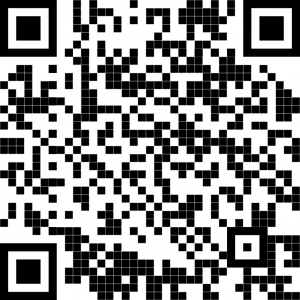
Or by clicking this link: https://forms.gle/AJqmNU2HkizjJXNH6 - SCAN OR CLICK TO SIGN-IN EVERY SERVICE
Please scan the service QR Code around the Chapel entrance or on the bulletin, or click the Sign-In link that will be posted in the EM Family Line group chat each Sunday morning for attendance.
***Special Notice***
Hello brothers and sisters in Christ! May the peace of Christ be with you!
The Taiwan CDC has loosened its policies on the COVID-19 restrictions. However, it’s an enclosed space inside the church. As a result, please observe the following guidelines when inside the church premises:
1. Please make sure you have your masks properly worn when entering and inside the church. Disinfect your hands with alcohol if necessary. Maintain social distancing whenever possible.
2. If you don’t feel well, exhibit symptoms of cold, or have been in close contact with people who are contracting COVID-19, please consider to stay at home and participate the online service instead.
3. Food and drinks are conditionally allowed inside the church compound.
Thank you and let’s worship God together on Sundays!
Electronic Sunday Bulletin
EM encourages its congregation to use the electronic version of the Sunday bulletin to save paper. Please click the following link to access the eBulletin:
Or scan the following QR code.
If you have any suggestion regarding the eBulletin, please let us know. Thank you!
SERVE IN EM
Come and serve in EM! You can join the Liturgy, the Audio/Video team, the Praise team, the EM Choir, the Homeless Ministry team, or the Kids Club. Email: emcaresforyou@gmail.com for more info.
Bible Verse for the Week
Psalm 14:6
"You evildoers frustrate the plans of the poor, but the Lord is their refuge."
WEEKLY DEVOTIONAL
Embracing the Role of Peacemakers
Mahalingam Jayanani / United Theological College, Bangalore
Blessed are the peacemakers, for they will be called children of God. ~ Matthew 5:9
In an unannounced visit, a parish priest encountered a family during a heated argument. The cacophony filled the room until the priest’s arrival, prompting everyone to fall silent and welcome him in unison. Surprisingly, the priest did not urge them to cease their quarrel but instead encouraged them to continue. Bewildered, they asked how they could possibly argue in the presence of the priest. To this, the priest responded, “I am an ordinary man. If you fear my presence, why do you not fear the ever-present God who is dwelling within you? Shouldn’t God’s presence within you inspire peace, not conflict? You are called not to be fighters but peacemakers.”
In a world often marked by division, conflict, and discord, the call to be peacemakers resonates deeply with the teachings of Jesus Christ. The verse from Matthew 5:9 reminds us that those who actively seek to build bridges for peace and reconciliation are not only blessed but also recognized as children of God. In Judaism, the pursuit of peace, or ‘Shalom,’ is a central value that extends beyond the absence of conflict and emphasizes that those who actively work to create peace are partners with the Divine in the ongoing act of creation and restoration. The Talmud, a central text in Jewish tradition, tells us that ‘Great is peace, for God found no vessel that could contain blessing other than peace.’
The notion of being ‘blessed’ aligns with the idea of leading a morally upright and righteous life. Peace-making is viewed as a virtuous action that contributes to the repair of the world (‘Tikkun Olam’) and reflects the values of compassion, empathy, and social responsibility.
It is a Call
St. Augustine of Hippo has seen Matthew 5:9 as a call to inner transformation through the grace of God. Yes, it is not just a description of a blessed state but an invitation for followers of Jesus to actively engage in the work of peace.
It is a Commitment
St. John Chrysostom known for his eloquent sermons asked everyone to commit to the practical implications of peace-making in daily life. Peace-making is indeed a commitment that requires dedication, effort, and steadfast resolve. It is not just a one-time action, but an ongoing process that involves intentional choices and actions.
It is a Custom
St. Ambrose of Milan, a bishop and theologian, emphasizes the societal implications of peacemaking. He teaches that peacemakers have a duty to advocate for justice, alleviate suffering, and promote the common good. It is a central aspect of Christian ethics and is emphasized throughout the New Testament and the teachings of the early church.
It is a Contrast
Tertullian, known for his apologetic works, focuses on the counter-cultural nature of peacemaking. He highlights how peacemakers stand in contrast to the prevailing values of the world, demonstrating Christ’s transformative power.
Let us dedicate ourselves to God, becoming a bridge to resolve conflicts, and through this commitment, we earn acknowledgment as God’s children.


